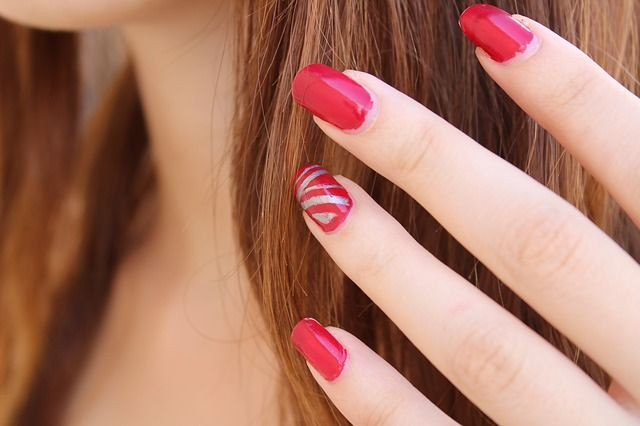5 Everyday Personal Habits That Could Increase Your Cancer Risk, From Manicures To Baby Powder

In a world where cancer rates continue to rise, most of us are aware of well-known cancer risks, such as smoking or having parents with cancer. But are there seemingly harmless everyday habits that could be raising our risk? Here’s a list of some of the most common and potentially dangerous culprits.
Douching
Vaginal douching is a method used to wash out the vagina, and usually contains a mixture of water and vinegar. However, a recent study has found that the risk of developing ovarian cancer is nearly doubled among women who douche. In addition, previous studies have also found an association between douching and cervical cancer, Reuters reported.
“There are a number of health reasons not to douche, and I can’t think of any reason to do it,” senior author Clarice Weinberg told Reuters.
Cosmetics
While most cosmetics have to go through rigorous safety testing, some cosmetics contain chemicals that can increase cancer risk. For example, one 2008 study found that heavy metals in cosmetics can be absorbed into the body through the skin, and over time may lead to a number of health problems, including cancer.
Another study linked gel manicures to increased cancer risk, after suggested that the ultraviolet light used during the procedure could have a similar cancer risk as tanning beds.
"In general, any manicure left in place for an extended period of time is not a good idea because you are not seeing what is going on underneath the nail polish," said study author Dr. Chris Adigun, from the New York University School of Medicine, in a statement. "As is the case with most things, moderation is the key when it comes to gel manicures.”
Talcum powder
Douching is not the only seemingly harmless feminine hygiene practice that could be unknowingly increasing your cancer risk. Talcum powder regularly applied to genitals or sanitary napkins has also been associated with increasing ovarian cancer risk by a third in a recent study. However, many outside factors can also contribute to this risk such as a woman’s weight, use of hormones during menopause, and her smoking habits.
Not Using Sunblock Correctly
While most of us understand the importance of using sunblock to prevent the development of skin cancer, many underestimate the importance of reapplying sunblock. According to the Skin Cancer Foundation, if you plan on spending a long amount of time in the sun, sunblock should be reapplied every two hours.
In addition, the Skin Cancer Foundation reports that many people do not apply enough sunblock, with studies suggesting the average person applies half to a quarter of the recommended amount, meaning the SPF they have on their body is actually much lower than that advertised on the bottle.
Lastly, sunblock works best when applied 30 minutes before you are in the sun, giving the ingredients enough time to fully bind to the skin.
Drinking alcohol
Drinking alcohol is linked to a greater risk of developing several kinds of cancers. These include: oral, esophageal, pharyngeal, liver, colon, rectum, and breast. According to the American Cancer Society, the more someone drinks, the more their cancer risk increases.
Read More:
Risk Of Obesity-Related Cancer In Overweight Women Increases With Time, Study Shows: Read Here
Penis vs. Testicles: Cancer Symptoms In The Male Reproductive System: Read Here
Published by Medicaldaily.com



























